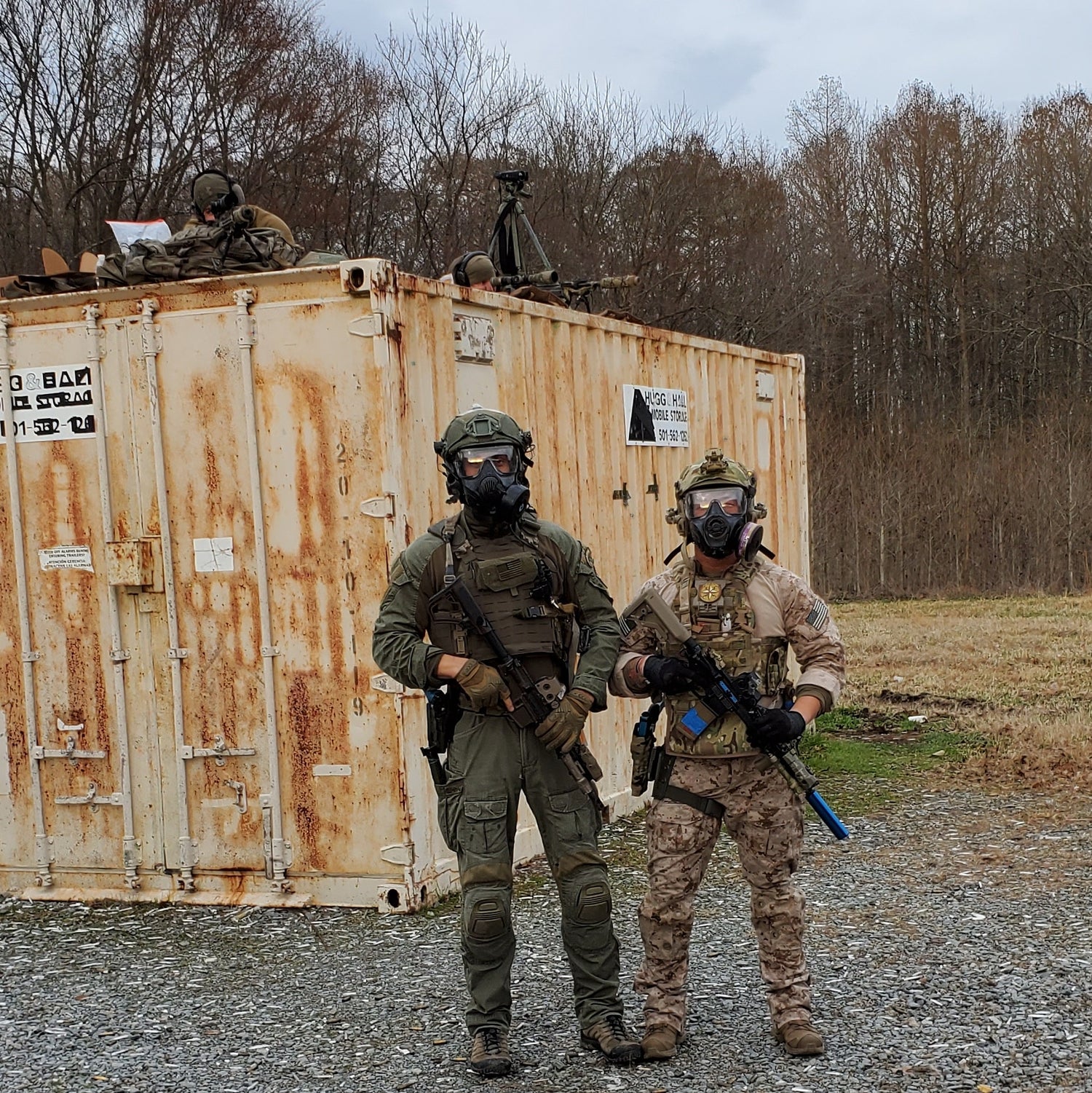In the high-stakes professions of military, law enforcement, firefighting, and first responders, optimal physical and mental performance is crucial. These professionals often face physically demanding and mentally challenging situations, requiring them to be at the peak of their abilities. Intermittent fasting, a dietary practice that involves alternating periods of eating and fasting, has gained popularity as a powerful tool to enhance overall health and performance. In this article, we will explore why intermittent fasting can be particularly beneficial for those in these demanding professions.
Improved Physical Performance:
One of the key advantages of intermittent fasting is its positive impact on physical performance. By allowing the body to enter a fasted state, it can tap into stored fat for energy, leading to improved endurance and body composition. For military personnel, law enforcement officers, and firefighters, having a leaner physique and increased stamina can greatly enhance their ability to perform physically demanding tasks efficiently.
Enhanced Mental Clarity:
Intermittent fasting has also been shown to have cognitive benefits, which are essential for those in high-pressure professions. Fasting triggers a process called autophagy, in which the body clears out damaged cells and cellular waste. This cellular rejuvenation can lead to improved brain function, mental clarity, and focus. These cognitive enhancements can be crucial for making quick decisions, staying alert during long shifts, and effectively managing stressful situations.
Weight Management and Body Composition:
Maintaining a healthy weight and optimal body composition is crucial for professionals in physically demanding fields. Intermittent fasting has been shown to be an effective strategy for weight management and body composition improvement. By limiting the time window for eating, individuals naturally consume fewer calories, leading to weight loss. Additionally, intermittent fasting has been found to preserve lean muscle mass, which is essential for physical performance and injury prevention.
Enhanced Resilience and Adaptation:
Intermittent fasting can also improve the body's ability to adapt and respond to stress. Fasting stimulates the production of stress-response proteins, which help protect cells and tissues from damage. This enhanced resilience can be particularly beneficial for military personnel, law enforcement officers, firefighters, and first responders, who often face physically and emotionally challenging situations.
Improved Overall Health:
Beyond the specific benefits for physical performance and mental clarity, intermittent fasting has been associated with improved overall health. By reducing insulin resistance, lowering inflammation, and promoting cellular repair, intermittent fasting can lower the risk of chronic diseases such as diabetes, cardiovascular diseases, and certain cancers. These health benefits are invaluable for professionals whose performance relies on their physical and mental well-being.
Conclusion:
Intermittent fasting has emerged as a powerful tool for optimizing physical and mental performance, making it particularly beneficial for professionals in high-stress fields such as the military, law enforcement, firefighting, and first responders. By improving physical performance, mental clarity, weight management, resilience, and overall health, intermittent fasting can help these individuals excel in their demanding roles. However, it's important to consult with healthcare professionals and consider individual circumstances before adopting any dietary practice.
Improved Physical Performance:
One of the key advantages of intermittent fasting is its positive impact on physical performance. By allowing the body to enter a fasted state, it can tap into stored fat for energy, leading to improved endurance and body composition. For military personnel, law enforcement officers, and firefighters, having a leaner physique and increased stamina can greatly enhance their ability to perform physically demanding tasks efficiently.
Enhanced Mental Clarity:
Intermittent fasting has also been shown to have cognitive benefits, which are essential for those in high-pressure professions. Fasting triggers a process called autophagy, in which the body clears out damaged cells and cellular waste. This cellular rejuvenation can lead to improved brain function, mental clarity, and focus. These cognitive enhancements can be crucial for making quick decisions, staying alert during long shifts, and effectively managing stressful situations.
Weight Management and Body Composition:
Maintaining a healthy weight and optimal body composition is crucial for professionals in physically demanding fields. Intermittent fasting has been shown to be an effective strategy for weight management and body composition improvement. By limiting the time window for eating, individuals naturally consume fewer calories, leading to weight loss. Additionally, intermittent fasting has been found to preserve lean muscle mass, which is essential for physical performance and injury prevention.
Enhanced Resilience and Adaptation:
Intermittent fasting can also improve the body's ability to adapt and respond to stress. Fasting stimulates the production of stress-response proteins, which help protect cells and tissues from damage. This enhanced resilience can be particularly beneficial for military personnel, law enforcement officers, firefighters, and first responders, who often face physically and emotionally challenging situations.
Improved Overall Health:
Beyond the specific benefits for physical performance and mental clarity, intermittent fasting has been associated with improved overall health. By reducing insulin resistance, lowering inflammation, and promoting cellular repair, intermittent fasting can lower the risk of chronic diseases such as diabetes, cardiovascular diseases, and certain cancers. These health benefits are invaluable for professionals whose performance relies on their physical and mental well-being.
Conclusion:
Intermittent fasting has emerged as a powerful tool for optimizing physical and mental performance, making it particularly beneficial for professionals in high-stress fields such as the military, law enforcement, firefighting, and first responders. By improving physical performance, mental clarity, weight management, resilience, and overall health, intermittent fasting can help these individuals excel in their demanding roles. However, it's important to consult with healthcare professionals and consider individual circumstances before adopting any dietary practice.




1 comment
Evan Dalton
100%, works for me in the fire service.
100%, works for me in the fire service.